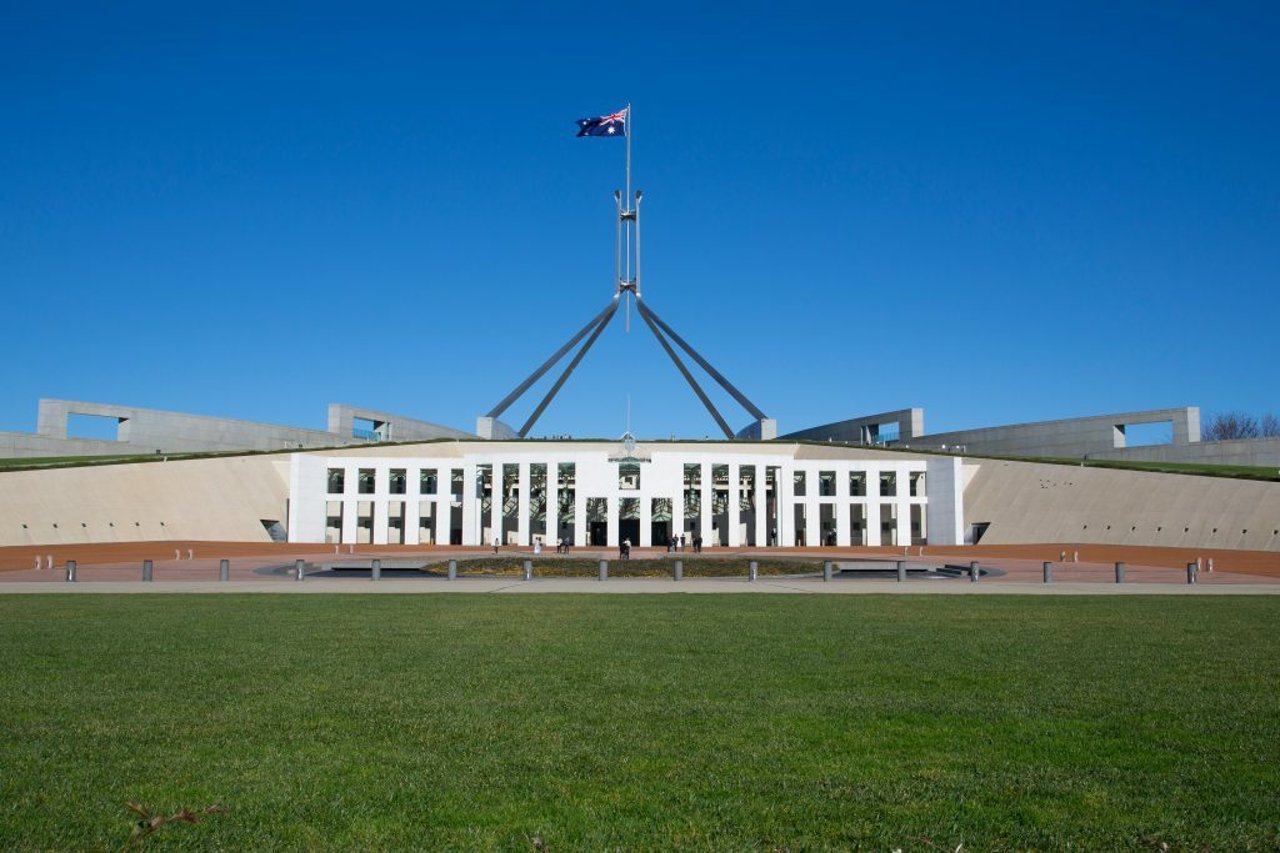IJM Australia is an active member of the Australian Council for International Development (ACFID) and adheres to the ACFID Fundraising Charter and ACFID Code of Conduct, which defines minimum standards of communication, governance, management and accountability of development for member non-government organisations (NGOs). Complaints relating to a breach of either the ACFID Fundraising Charter or ACFID Code of Conduct can be made to the ACFID Code of Conduct Committee.

